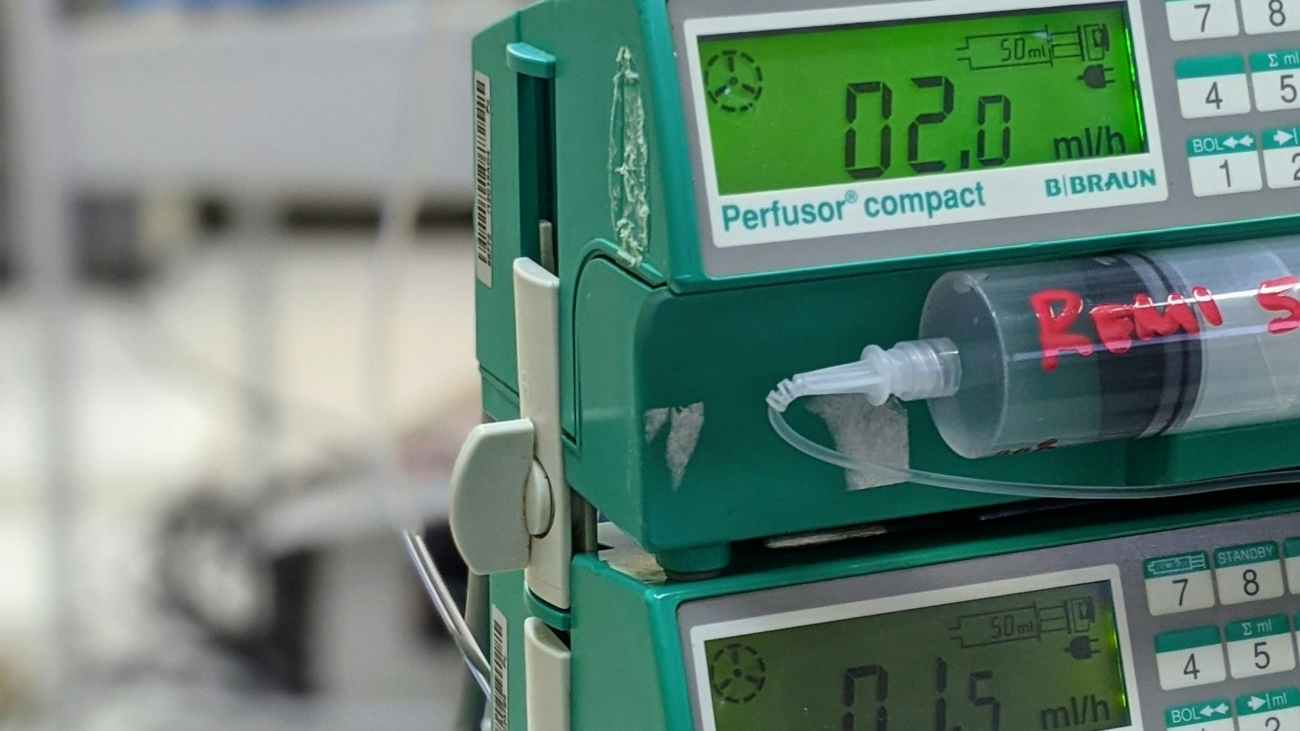Mobile health clinics are increasingly recognized as vital components of healthcare delivery systems, especially in underserved and rural areas. Beyond providing direct medical services, these clinics play a crucial role in health education, conducting workshops and seminars on various health topics such as nutrition, hygiene, sexual health, and chronic disease management. This article explores the economic perspective on the impact of mobile health clinics in delivering health education and how empowering patients with knowledge can lead to better health outcomes and economic benefits.
The Economic Rationale for Mobile Health Clinics
Mobile health clinics offer several economic advantages:
- Cost-Effective Healthcare Delivery: Mobile clinics reduce the need for expensive infrastructure and can provide services at a lower cost than traditional brick-and-mortar facilities. This is particularly beneficial in rural and underserved areas where building permanent healthcare facilities may not be economically viable.
- Access and Equity: By bringing healthcare services directly to communities, mobile clinics improve access and equity, ensuring that vulnerable populations receive essential care. This reduces health disparities and promotes social inclusion.
- Preventive Care and Early Intervention: Mobile clinics emphasize preventive care and early intervention, which can significantly reduce the long-term costs associated with chronic diseases and hospitalizations. By addressing health issues early, these clinics help avoid expensive treatments and improve quality of life.
The Role of Health Education Workshops
Health education workshops conducted by mobile clinics are instrumental in achieving these economic benefits:
- Empowering Patients with Knowledge: Education empowers patients to make informed decisions about their health. Workshops on nutrition, hygiene, sexual health, and chronic disease management provide valuable information that individuals can use to adopt healthier lifestyles.
- Reducing Healthcare Costs: Educated patients are more likely to engage in preventive behaviors, reducing the incidence of diseases that require costly medical interventions. For example, nutrition and hygiene education can lower the prevalence of obesity, diabetes, and infectious diseases.
- Improving Productivity: Healthier populations are more productive. By reducing the burden of illness, health education workshops contribute to a healthier workforce, which in turn boosts economic productivity and reduces absenteeism.
- Enhancing Community Health Literacy: Community-wide health literacy improves when individuals share the knowledge gained from workshops. This creates a ripple effect, leading to healthier communities and further reducing healthcare costs.
Case Studies and Examples
- Project ECHO: Originally developed in New Mexico, Project ECHO (Extension for Community Healthcare Outcomes) uses telemedicine to train healthcare providers in remote areas. This model can be adapted for mobile health clinics to provide continuous education and support to community health workers and patients.
- BRAC’s Mobile Health Clinics: In Bangladesh, BRAC operates mobile health clinics that provide a range of services, including health education. These clinics have significantly improved maternal and child health outcomes by educating women on prenatal care, nutrition, and hygiene.
- The Family Van: Harvard Medical School’s The Family Van provides health education and preventive services in underserved areas of Boston. The program has demonstrated cost savings by preventing emergency room visits through effective health education.
Economic Challenges and Considerations
While mobile health clinics and health education workshops offer numerous economic benefits, there are challenges to consider:
- Funding and Sustainability: Securing consistent funding for mobile health clinics can be challenging. Innovative financing models, such as public-private partnerships and grants, are necessary to ensure sustainability.
- Measuring Impact: Quantifying the economic impact of health education workshops can be difficult. Robust evaluation frameworks are needed to assess the effectiveness of these programs and justify continued investment.
- Cultural and Linguistic Barriers: Health education must be culturally sensitive and linguistically appropriate to be effective. Tailoring workshops to meet the needs of diverse populations requires additional resources and expertise.
Policy Recommendations
To maximize the economic benefits of mobile health clinics and health education workshops, policymakers should consider the following:
- Supportive Legislation: Enact policies that support the operation and funding of mobile health clinics, including incentives for healthcare providers to offer mobile services.
- Integrated Health Systems: Integrate mobile clinics into the broader healthcare system to ensure continuity of care and efficient use of resources.
- Community Partnerships: Foster partnerships between mobile clinics, local health departments, and community organizations to enhance the reach and impact of health education workshops.
- Innovative Funding Mechanisms: Explore innovative funding mechanisms, such as social impact bonds and public-private partnerships, to ensure the financial sustainability of mobile health clinics.
- Data Collection and Research: Invest in data collection and research to evaluate the impact of health education workshops and identify best practices for improving health outcomes and economic efficiency.
Conclusion
Mobile health clinics play a pivotal role in delivering health education to underserved and rural populations. By empowering patients with knowledge, these clinics help reduce healthcare costs, improve productivity, and promote healthier communities. From an economic perspective, investing in mobile health clinics and health education workshops is a cost-effective strategy that yields significant long-term benefits. Policymakers and stakeholders must recognize the value of these initiatives and work together to support and expand their reach.

